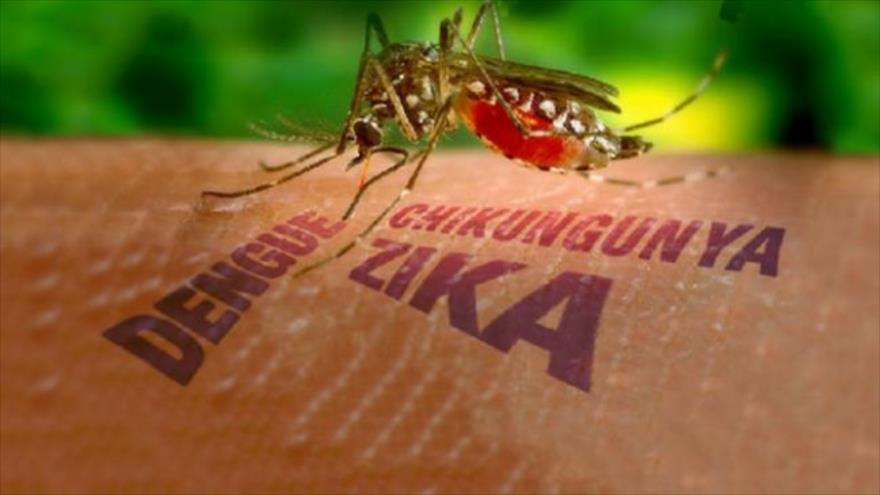The World Health Organisation has convened an emergency committee to discuss the “explosive” spread of the Zika virus, which has been linked to thousands of birth defects in Latin America.
“Last year the disease was detected in the Americas, where it is spreading explosively,” Margaret Chan, the WHO director general, said at a special briefing in Geneva. It was “deeply concerning” that the virus had now been detected in 23 countries in the Americas, she added.
Zika is related to yellow fever and dengue. An estimated 80% of people that have it have no symptoms, making it difficult for pregnant women to know whether they have been infected.
A link is suspected between the virus and brain damage in thousands of babies in Brazil. Zika, a close cousin of dengue and chikungunya, which causes mild fever and rash.
Symptoms include flu-like aches, joint pain, rashes, itching, and inflammation of the eyes, headaches but not everyone has symptoms, according to government guidance on the virus.
There is currently no vaccine for the virus, but scientists at the University of Texas Medical Branch have visited Brazil to carry out research in order to find one.
Chan said: “The level of alarm is extremely high. Arrival of the virus in some cases has been associated with a steep increase in the birth of babies with abnormally small heads.”
She added: “A causal relationship between Zika virus and birth malformations and neurological syndromes has not yet been established – this is an important point – but it is strongly suspected.”
“The possible links have rapidly changed the risk profile of Zika from a mild threat to one of alarming proportions. The increased incidence of microcephaly (birth defect) is particularly alarming as it places a heartbreaking burden on families and communities.”
The best way to prevent the virus spreading is to clear stagnant water, where the mosquitos lay eggs and to protect against bites.
President Barack Obama has called for the rapid development of tests, vaccines and treatments to fight the mosquito-transmitted Zika virus, which has been linked to birth defects.
The WHO’s leadership admitted last April to serious missteps in its handling of the Ebola crisis, which was focused mostly on three west African countries and killed more than 10,000 people.
Some critics have said the WHO’s slow response played a major role in allowing the epidemic to balloon.
US scientists have urged the World Health Organisation (WHO) to learn from the Ebola outbreak and take urgent action on combatting the virus, which they say has “explosive pandemic potential”, and plan to organise an emergency committee of disease experts, the BBC reported.
Brazil has been worst hit by the virus, with around a million people thought to be infected. People travelling to the Americas are warned to cover up to protect from bites and use a repellent with PMD in it, which is effective against the Aedes Aegypti mosquito.
It is also reported that major airlines are now refunding tickets to travellers who have booked flights to countries affected by the Zika virus.
Zika virus was first found in Africa in the 1940s, but was not a threat to humans.
Crafted with brevity
to make certain you see what others don't
Subscribe. We are growing.












I read. I write. A threat to humor, if one liners could kill. Twitter: @ayushxgarg